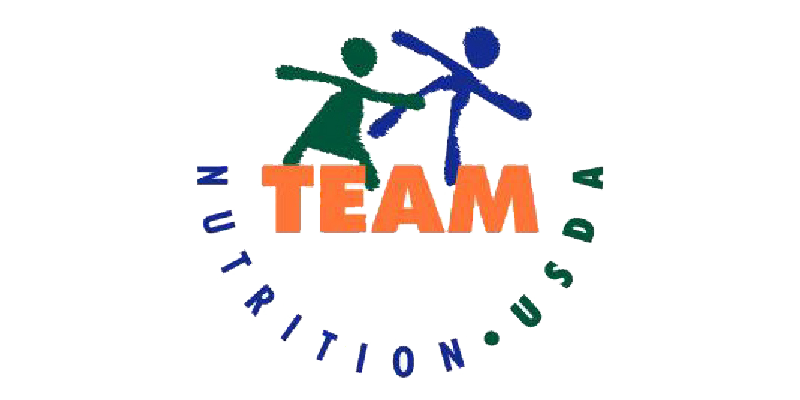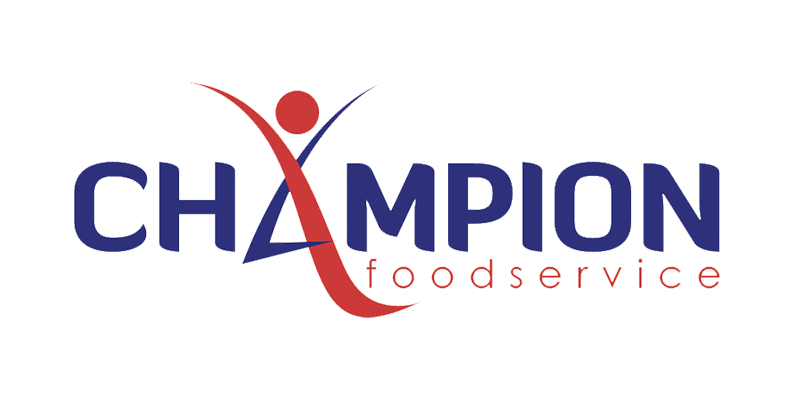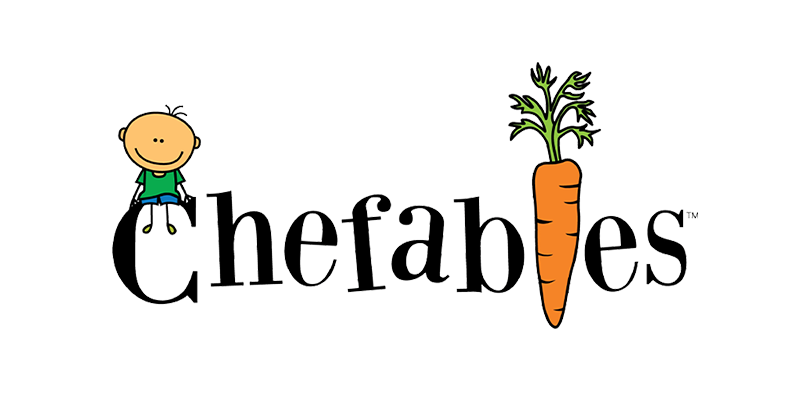Preconference Academy
These sessions are three-hour deep dives in a classroom setting. Pre-registration is required.
There will be two time slots for preconference academies on Monday, April 14, and one time slot on Tuesday, April 15.
Onsite Registration
- $149
Monday, April 14
10:00 am - 1:00 pm
Tailoring CACFP Meals: The Role of Medical Statements in Special Diets
Medical statements have an important role within the CACFP. Do you know when they are required? Are you confident in your menu planning when you have one on file? Gain a deeper understanding of how medical statements support accommodating special diets, including food allergies and milk substitutions, ensuring that all participants receive appropriate and nutritious meals. Learn how to create an inclusive and supportive meal environment for those in your care. ~CEU Specialty 1
- Understand why medical statements are necessary in CACFP.
- Engage in practical exercises to develop strategies for addressing various dietary needs and preferences, while staying in compliance.
- Gain insights into common dietary restrictions and learn how to adapt meal planning to meet these needs.
Instructed by:
Isabel Ramos-Lebron, MS, RDN, LD National CACFP Association
Melinda Nguyen, MS, RDN, LD National CACFP Association
Show Me the Money: Getting Through the Budget Approvals Process
Join us for a 101-level overview of the generally accepted source documentation to support allowable costs for CACFP operations. Training will include group activities, discussion on proposed program costs that are often questioned, and tools to assist with avoiding common budget submission mistakes. ~CEU Specialty 5
- Learn best practices for determining if proposed program costs are necessary, reasonable, and allowable.
- Discover the impact the management plan has on the budget.
- Get tools and resources to assist with the budget approvals process.
Instructed by: Cherese Myree, CFE, MH Miles Company, CPA, PC
Introduction to Happy Mealtimes in Child Care Settings
Mealtimes are important for young children because they provide opportunities for them to learn new skills and develop eating habits. The first three years are the most critical time in a person’s life because the brain grows the fastest during this period and children are more receptive to acquiring these proficiencies. Learn best practices for creating positive and safe mealtime environments for young children to carry into adulthood. ~CEU Specialty 2
- Understand implementing schedules and routines.
- Discover adopting food safety practices.
- Examine the importance of focusing on healthy habits.
Instructed by: Cynthia Winbush, MED, RDN, LD, Institute of Child Nutrition
2:00 pm - 5:00 pm
Compliance with Confidence: Monitoring and Oversight
Efficient program monitoring and oversight are essential in the CACFP and for ensuring the success of your organization. Discover best practices and opportunities of how to conduct reviews that not only meet program requirements, but also support and lift up the child care provider. Expand your understanding of effective oversight and ensure program compliance with confidence. ~CEU Specialty 2
- Identify CACFP monitoring requirements.
- Explore why oversight matters and how it impacts your program.
- Learn techniques to provide constructive technical assistance at reviews.
Instructed by:
Kate Abernathy, MS, RDN, LD, CMP, CCNP, Providers Choice
Denise Andrews, CCNP, CMP, For The Children, Inc.
Michelle Buchanan, RBA, CMP, CCNP, Community Action of Southeastern West Virginia
Infant Meal Pattern Requirements
Infants experience rapid changes in the brain and body making it important to ensure they receive proper nutrition regularly. Discover updated requirements for serving infants based on their growth and development. Explore updates to the infant meal pattern, as well as tips and strategies for implementation. ~CEU Specialty 1
- Learn requirements for serving breastmilk and infant formula based on the updated meal pattern charts.
- Hear strategies to support infants and their developmental readiness for solid foods.
- Identify new requirements for serving more nutritious solid foods to infants.
Instructed by: Cynthia Winbush, MED, RDN, LD, Institute of Child Nutrition
Tuesday, April 15
9:00 am - 12:00 pm
Are you just starting out with the CACFP? Start your week off with a deep dive into the core fundamentals of the food program. Learn about the meal patterns and the five food components served in the CACFP, as well as tips and strategies for implementation in your operations. ~CEU Specialty 2
- Review the CACFP meal pattern requirements.
- Learn about updates and revisions to the meal pattern.
- Get resources to implement the updated meal pattern.
Bonus! Registered attendees are invited to stay until 1:00 PM for Optional Best Practices training!
Instructed by: Cynthia Winbush, MED, RDN, LD, Institute of Child Nutrition
Head Start Success: Meeting the Performance Standards
Operating the CACFP in Head Start is a requirement, but do you know the differences between what’s a CACFP regulation and what is mandated by Head Start? Learn what the Head Start performance standards that govern child nutrition are and how they align with the CACFP to provide good nutrition to children. Gain an understanding of the requirements and hear about the latest updates in Head Start performance standards for child nutrition. ~ CEU Specialty 4
- Understand the Head Start Food Service Regulations and why the intersection between Head Start and CACFP is critical.
- Explore the specific guidelines outlined for providing meals and snacks.
- Learn how others are meeting the criteria in their programs on a daily basis.
Instructed by:
Rhonda Kobylecky, CMP, CCNP, Acelero Learning
Stephanie Manchester, CMP, CCNP, Acelero Learning
Sheila Tompkins-Hess, Nevada Department of Heath & Human Services, Division of Child and Family Services
Develop meal planning techniques that can be used to serve healthy and appealing meals and snacks that meet CACFP and preschool meal pattern requirements. Learn how to accommodate food allergies, incorporate multi-cultural recipes and locally-sourced foods, develop strategies for creating custom menus, and go home with menus you can use immediately or as inspiration. ~ CEU Specialty 1
- Learn how to accommodate food allergies and incorporate multicultural recipes and local foods.
- Develop strategies for creating custom menus.
- Take home sample menus to use or for inspiration.
Instructed by: Heather Burkhead-Goins, MEd, Institute of Child Nutrition
Thank you to our...
Partners
Sponsors











